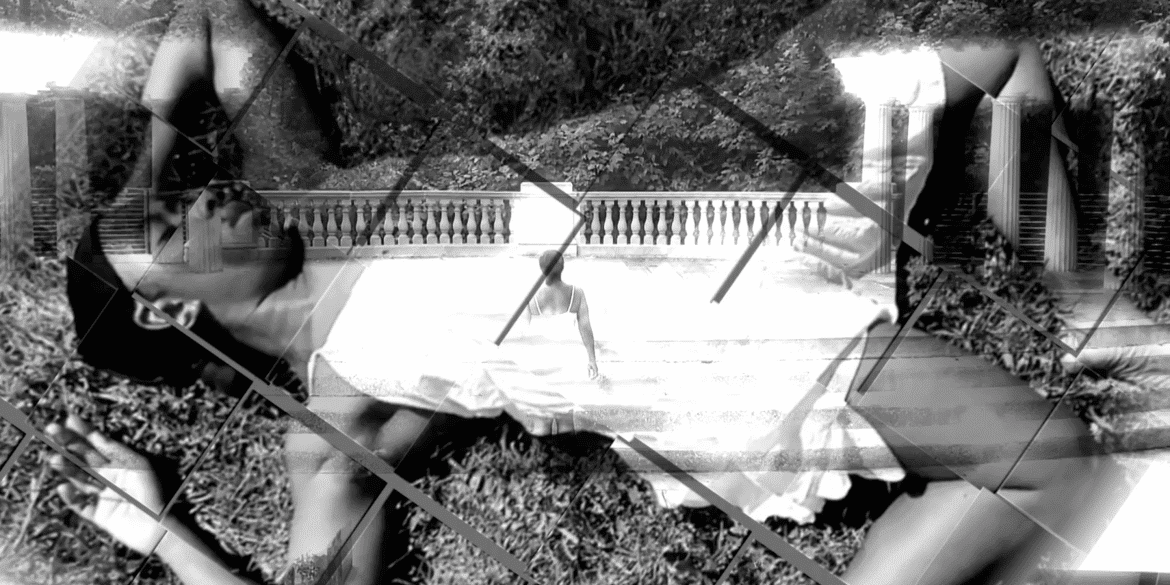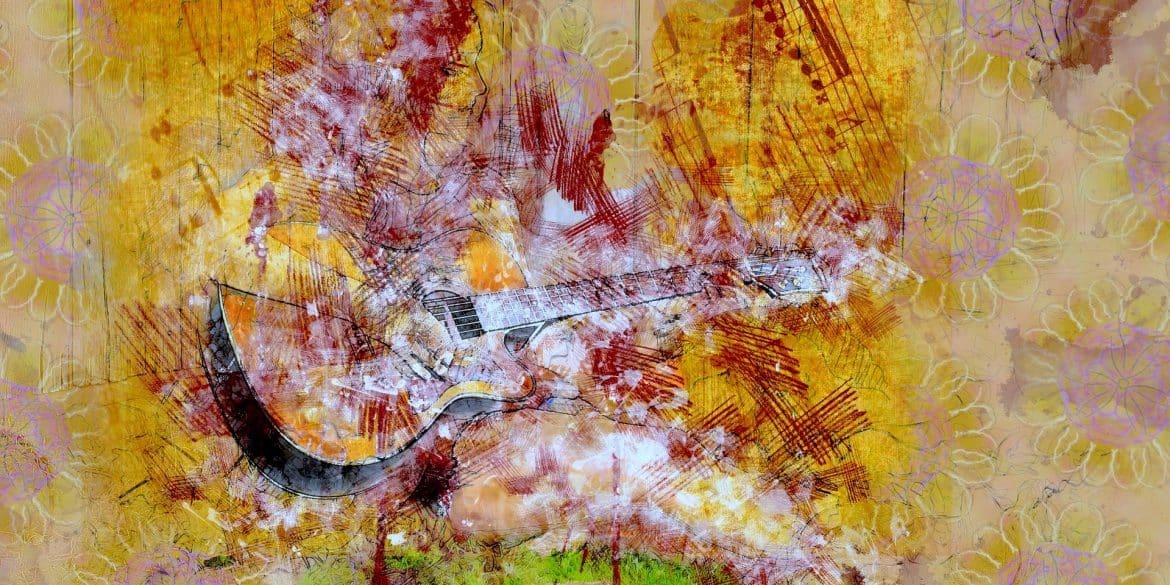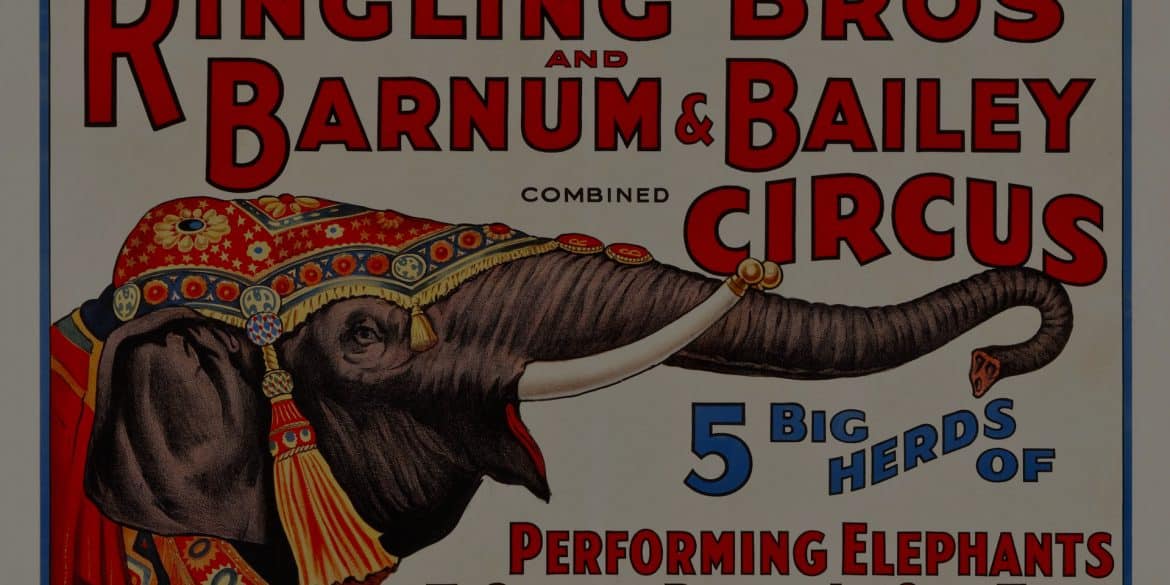How do creatives find joy in artistic performance as a form of black feminist autoethnography? Podcast & video.
This video explores how editors have developed their approach to reviewing creative autoethnography and highlights strategies for contributors.
"While living in Ecuador, I wrote “Home” which essentially is an homage to the “third-culture kid” phenomenon, when your parents are from another country than the one you grew up in."
“Woken Word” was born as my inner voice was awakening and the world, ironically was becoming “woke” while simultaneously retreating into isolation.
What is autoethnography? The AutoEthnographer's international team of editors offer definitions & suggested readings.
"It is my hope that these words will serve as the beginning of an ongoing dialogue about what it means to live autoethnography."
Editor Guillermo Gil's latest book review - The Autofictional: Approaches, Affordances, Forms - explores definitions and uses of autofictional writing.
"I wrote Asha’s story to give voice to all the women in rural Bangladesh who cannot speak out against their abusers or society."
"Barriers melt like grilled cheese at the table when you're dancing for your supper like the old vaudevillians."
"Marlen Harrison and Edward Perrin enjoyed an opportunity to volunteer with Miami-based Global Empowerment Mission (GEM) to create family necessity kits for those affected by Hurricane Ian."
"The AutoEthnographer is committed to diversity, equity, & inclusion in its administration; support of emerging authors and artists; & celebration of creative expression as a vehicle for shared understanding & positive change."
"I see myself as someone whose organic inquiry and teaching are shaped by radical love, and I am willing to let myself be changed by my students."














